NEW YORK, USA/LEIPZIG, Germany: Patients that suffer from a very rare condition affecting the oral mucosa may soon get relief from new research conducted in the US. In a recent study, scientists from the Tufts University near Boston claim to have found evidence that the so-called Chronic Ulcerative Stomatitis (CUS), characterised by recurring painful ulcers, is mainly caused by an autoimmune response of the body that destroys the binding of cells inside the surface tissue layer of the mouth.
According to the scientist, only a dozen cases of CUS have been reported worldwide since the condition was first clinically identified in 1989 but more patients could be affected due to the extensive testing procedure and low awareness among dental clinicians. They said although prior it was known that affected patients had specific autoantibodies, researchers were not able to determine how much these actually contributed to the condition. With help of the new findings, CUS could now be classified as an autoimmune disease in order to allow better management of the symptoms.
Due to its unique resistance to standard medication like corticosteroids, successful treatment of CUS has been achieved only in some cases through hydroxychloroquine, a prescription drug primarely used to prevent malaria as well as to treat rheumatoid arthritis or lupus. By better understanding the mechanisms linking the autoimmune response to ulcerative sores, new treatment approaches could be developed to manage the condition, the scientists said.
So far, CUS has been found primarily in middle-aged Caucasian woman. It can only be diagnosed by surgical biopsy using immunofluorescence microscopic examination in an outside lab. In normal clinical settings it can be taken for oral erosive lichen planus, another more common chronic condition affecting mucosal surfaces and also considered to be an autoimmune disease.
Taking place from 24 to 26 February, this year’s Chicago Dental Society Midwinter Meeting is returning to an in-person format with gusto. More than 250 ...
LOUISVILLE, Ky., USA: A University of Louisville scientist has found a way to prevent inflammation and bone loss surrounding the teeth by blocking a natural...
NEW YORK, USA/LEIPZIG, Germany: Osseointegration remains one of the biggest challenges in implant dentistry. Scientists from the North Carolina ...
STONY BROOK, N.Y., US: The applicability and efficacy of artificial intelligence (AI) within dentistry appears to be limitless. With each passing day, ...
BOSTON, Mass., USA: Researchers from the Harvard School of Medicine have discovered that a chemical compound found in a traditional Chinese root extract ...
DALLAS, US: Government survey data from 2019 shows that approximately 29 million Americans see a dentist annually but not another medical professional, ...
PITTSBURGH & ANN HARBOR, Mich./CAMBRIDGE, Mass., USA: Enamel is known to be one of the hardest tissues in the human body. Researchers from the Forsyth ...
Like in every year, in 2021, the Chicago Dental Society (CDS) Midwinter Meeting, one of the largest dental exhibitions in North America, will welcome ...
More than three decades have passed since the emergence of human immunodeficiency virus (HIV) as a global pandemic. More than any other infection, it is ...
March 20 marks World Oral Health Day, an important global event aimed at raising awareness about the importance of oral health and its impact on overall ...
Live webinar
Tue. 24 February 2026
1:00 PM EST (New York)
Prof. Dr. Markus B. Hürzeler
Live webinar
Tue. 24 February 2026
3:00 PM EST (New York)
Prof. Dr. Marcel A. Wainwright DDS, PhD
Live webinar
Wed. 25 February 2026
11:00 AM EST (New York)
Prof. Dr. Daniel Edelhoff
Live webinar
Wed. 25 February 2026
1:00 PM EST (New York)
Live webinar
Wed. 25 February 2026
8:00 PM EST (New York)
Live webinar
Tue. 3 March 2026
11:00 AM EST (New York)
Dr. Omar Lugo Cirujano Maxilofacial
Live webinar
Tue. 3 March 2026
8:00 PM EST (New York)
Dr. Vasiliki Maseli DDS, MS, EdM



 Austria / Österreich
Austria / Österreich
 Bosnia and Herzegovina / Босна и Херцеговина
Bosnia and Herzegovina / Босна и Херцеговина
 Bulgaria / България
Bulgaria / България
 Croatia / Hrvatska
Croatia / Hrvatska
 Czech Republic & Slovakia / Česká republika & Slovensko
Czech Republic & Slovakia / Česká republika & Slovensko
 France / France
France / France
 Germany / Deutschland
Germany / Deutschland
 Greece / ΕΛΛΑΔΑ
Greece / ΕΛΛΑΔΑ
 Hungary / Hungary
Hungary / Hungary
 Italy / Italia
Italy / Italia
 Netherlands / Nederland
Netherlands / Nederland
 Nordic / Nordic
Nordic / Nordic
 Poland / Polska
Poland / Polska
 Portugal / Portugal
Portugal / Portugal
 Romania & Moldova / România & Moldova
Romania & Moldova / România & Moldova
 Slovenia / Slovenija
Slovenia / Slovenija
 Serbia & Montenegro / Србија и Црна Гора
Serbia & Montenegro / Србија и Црна Гора
 Spain / España
Spain / España
 Switzerland / Schweiz
Switzerland / Schweiz
 Turkey / Türkiye
Turkey / Türkiye
 UK & Ireland / UK & Ireland
UK & Ireland / UK & Ireland
 International / International
International / International
 Brazil / Brasil
Brazil / Brasil
 Canada / Canada
Canada / Canada
 Latin America / Latinoamérica
Latin America / Latinoamérica
 China / 中国
China / 中国
 India / भारत गणराज्य
India / भारत गणराज्य
 Pakistan / Pākistān
Pakistan / Pākistān
 Vietnam / Việt Nam
Vietnam / Việt Nam
 ASEAN / ASEAN
ASEAN / ASEAN
 Israel / מְדִינַת יִשְׂרָאֵל
Israel / מְדִינַת יִשְׂרָאֵל
 Algeria, Morocco & Tunisia / الجزائر والمغرب وتونس
Algeria, Morocco & Tunisia / الجزائر والمغرب وتونس
 Middle East / Middle East
Middle East / Middle East



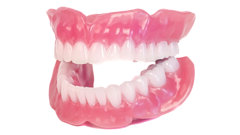




























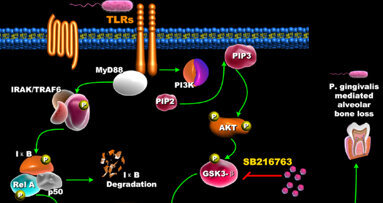
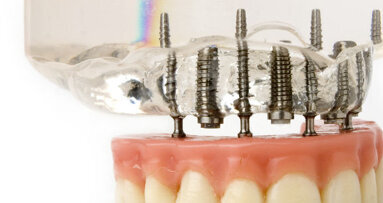
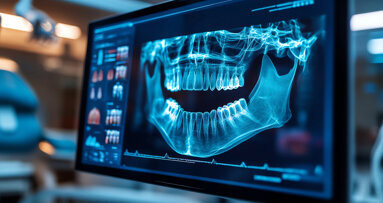


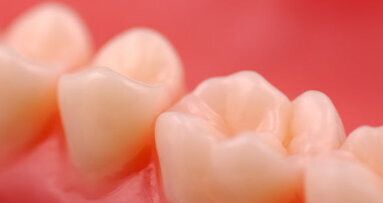

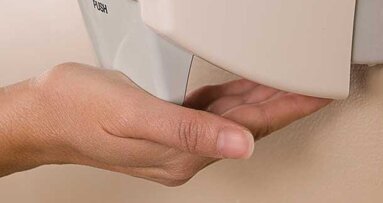

















To post a reply please login or register